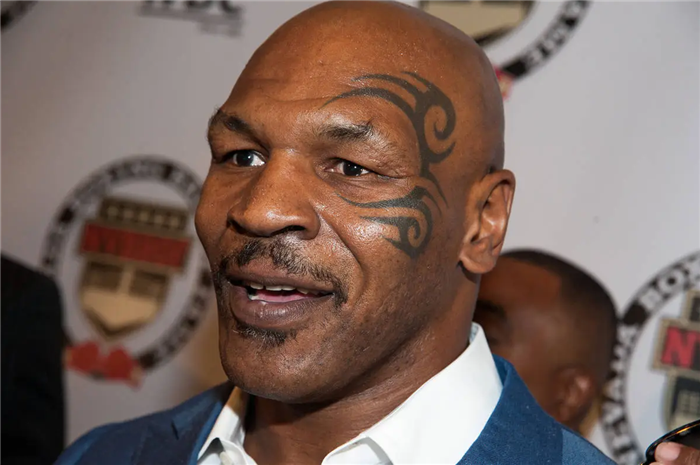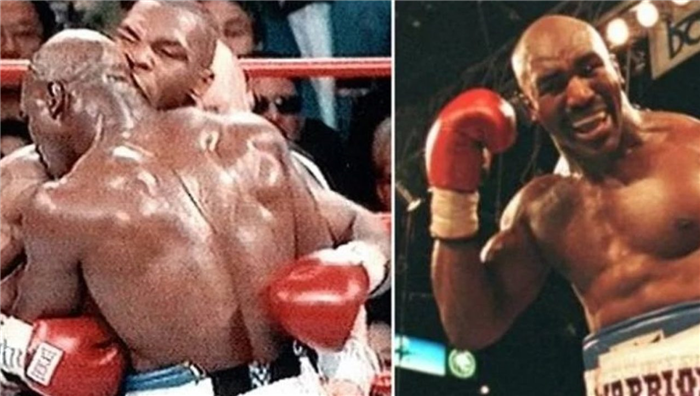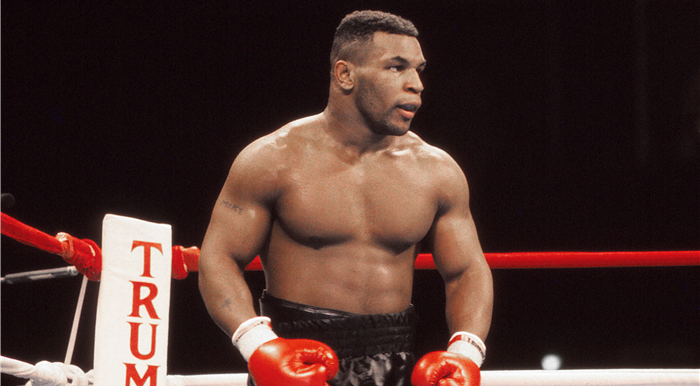On June 28, 1997, one of the most eagerly awaited rematches in heavyweight boxing history took place in Las Vegas between Mike Tyson and Evander Holyfield. After shocking Tyson in an 11th-round knockout seven months prior, Holyfield was the reigning world champion. The two were clearly different warriors and had personalities that were drastically different. Tyson was a dangerous brawler, whereas Holyfield was a warrior and a tactician. The subsequent events are still among the most puzzling, weird, and unsettling ones in a sport used to chaos. The world was fixated on the debate for a number of weeks after Tyson was banned for biting off a portion of Holyfield’s ear (Tyson actually bit Holyfield twice; he was only fined after the first bite). 15 years later, there are still unanswered questions.
The reason Mike Tyson bit Evander Holyfield is unknown. Possibly more crucially, how did “The Bite Fight” impact boxing?

It’s crucial to begin with the first match between Tyson and Holyfield.
Since his release from prison in March 1995, Tyson has fought four times, winning all four of them by knockout in a total of 18:40. Holyfield had lost his final title fight to Michael Moorer, been knocked out by Riddick Bowe, and had most recently labored in his fifth-round knockout of the sluggish Bobby Czyz in the two years before to his bout with Tyson. Holyfield had dropped two of his previous four matches, and Tyson had a 45-1 lifetime record. Holyfield finished at 15-2 after starting as a 25-1 underdog. In Las Vegas, Tyson and Holyfield competed for the WBA championship.
Mike Tyson: I had just beaten Bruce Seldon for the WBC/WBA title after getting out of jail before I faced Evander. It had been over a year since I was released from prison. But when I returned, I was fortunate to pick up a few victories and titles.
ring announcer for both fights, Jimmy Lennon: The first match was referred to as “Finally” because it had been years in the making. This was going to happen at last, but many people were worried that Holyfield might get wounded. Before the fight, I can still picture myself sitting ringside with several Showtime execs close by. I overheard them discussing a variety of topics.
Don King, promoter for both fights: It was a tough fight to make because of the idiosyncrasies between the two guys. Each had a different perspective on why the fight should or should not be made. The other was saying that they wouldn’t fight. There were a lot of ghosts and apparitions that would cause for more negotiations.
Tyson: I knew I wasn’t in any kind of condition because I didn’t have enough time to get prepared. I really hadn’t been active for four years. I was greedy and I wanted the money so I took the fight.

We took a danger by using a referee that the general public had never seen, according to Marc Ratner, a former executive director of the Nevada State Athletic Commission. Richard Steele or Mills Lane were not involved. Mitch Halpern, the late, was there. Although Mitch had participated in roughly 35 title fights, few people were familiar with him. We entered a relative unknown in one of the biggest battles in boxing history. He performed a fantastic job.
Former Holyfield trainer Tommy Brooks: We had a man named Gary Bell who had an uncanny resemblance to Mike Tyson. Because Tyson is immediately on top of you when the bell rings, we kept sending Gary at Evander. Thus, Gary was directed directly towards Evander.
Atlas: We made (Tyson) into a demigod; we made him into a monster. I always thought that he was a monster as long as you allowed him to act like a monster. When you stood up to a monster it wasn’t a monster anymore. We didn’t know what Tyson wasn’t.
Tyson: I still believe that I could have beaten him. I know that I’m using my conditioning as an excuse, but I still believe that I could have beaten him. I was in jail for four years and he was out fighting for four years. Regardless of losing or not, he was fighting, he was sharp. He never got stale.

Atlas: The greatest talent of Tyson was not his left or his right, it was his ability to look, hold on, embrace and take advantage of somebody else’s weakness. When your best talent is thriving on weakness to be strong, you have a problem. By the end, he was a game quitter: a guy that doesn’t allow himself to fall down, but not to fight back. He takes punishment but with the hope of getting out of there. That’s a game quitter. He can’t overrun him with power, he can’t intimidate him. Now he’s got a real situation on his hands.
